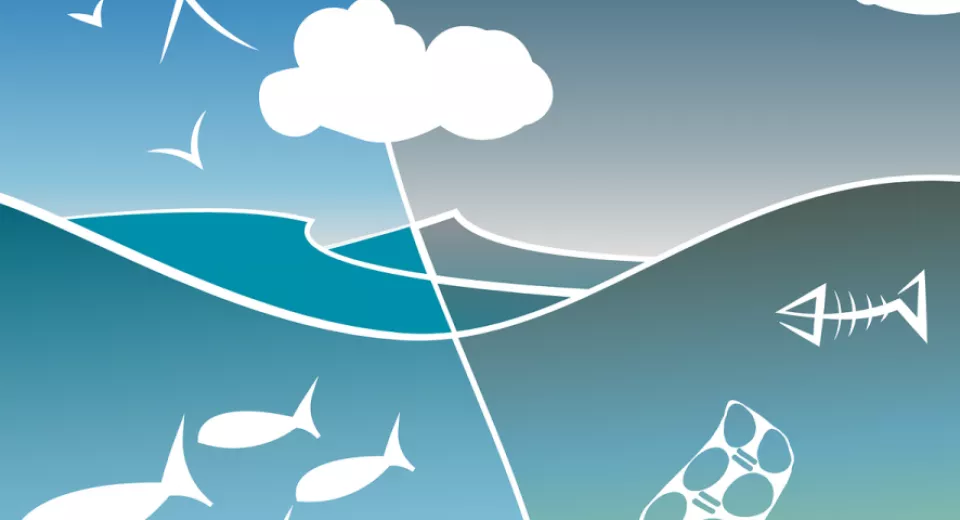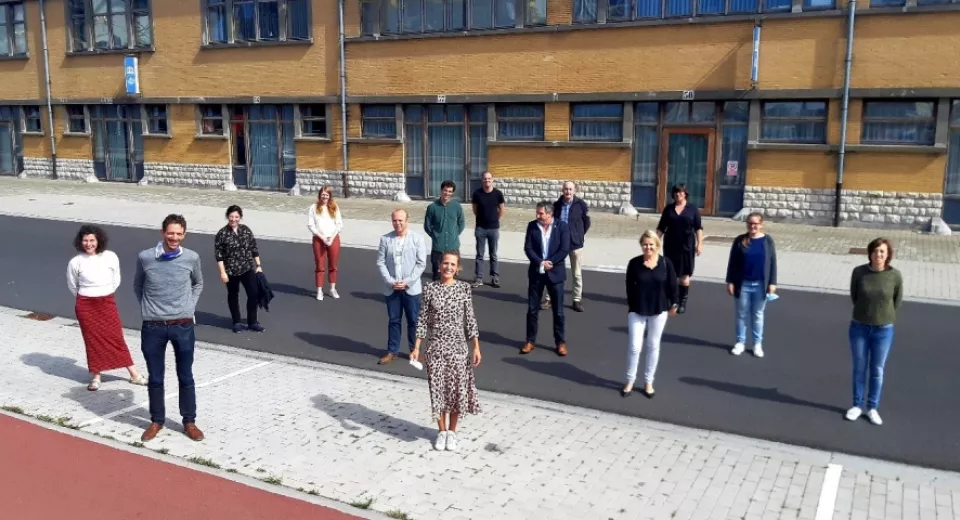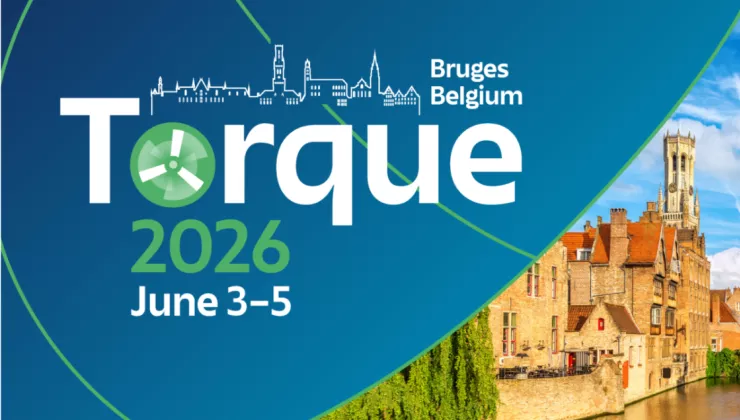Plastic in our waterways: from hotspots to catchers
Plastic waste does not only affect the marine environment, but also poses potential risks to public health. It also affects tourism, is a nuisance in ports and marinas, and causes damage to vessels.
Given the social and economic importance of this issue, awareness is growing among industrial actors in the blue economy to focus more on innovative solutions to marine litter and microplastics.
PLUXIN
In that context, the cSBR project ‘PLUXIN - Plastic Flux for Innovation and Business Opportunities in Flanders’ was launched in 2020. The aim of this project is to map the transport of plastic waste to the sea. Plastic catchers can then be installed to remove the plastic from the water in the so-called plastic hotspots.

Image © Eco Life
The Flanders Marine Institute (VLIZ) has conducted a desk top study to map the existing systems and evaluate the extent to which they are already being used. The study showed that only a limited number of systems can be used for microplastics and that mainly fixed, passive systems are popular because they are easy to install.
We find that relatively few plastic catchers are used at sea, but they are used mainly on inland waterways or overflows (closer to the source). Approximately 5 plastic catcher trials are currently ongoing in Belgium. The aim of the companies and ports involved is to find out more about the efficiency of these systems (which is highly location-dependent) and to look for affordable and low-maintenance automated solutions.
Workshop
During an online workshop on Friday 12 March, the results were presented to 34 stakeholders, a mix of consortium members, the steering committee and the strategic advisory board. The new knowledge was assessed using the North Sea Port case study and potential follow-up projects for the PLUXIN members were discussed.

After the participants briefly explained their vision for the future for Flanders (and abroad), key opportunities, such as the further development of autonomous systems to remove plastic, were discussed in more detail. Clear knowledge gaps, including potential ecological effects and the limited offer of suitable equipment, were also addressed.
The workshop provided insights that will fuel the PLUXIN roadmap and potential follow-up projects, and improved the collaboration between the participants.
Further information
An extensive outline of the issue and the research landscape regarding marine litter can be consulted in the policy-informing brief of VLIZ, for which an update was published on 19 March 2021.
Furthermore, the PLUXIN website also provides a lot of information about the project, the partners, the steering committee members, the scientific advisory board and the strategic advisory board. The scientific activities and potential valorisation processes are also explained.
Do you still have questions about PLUXIN or are you looking for very specific information? Please contact Lisa Devriese (VLIZ) or Kristien Veys (Blue Cluster).


